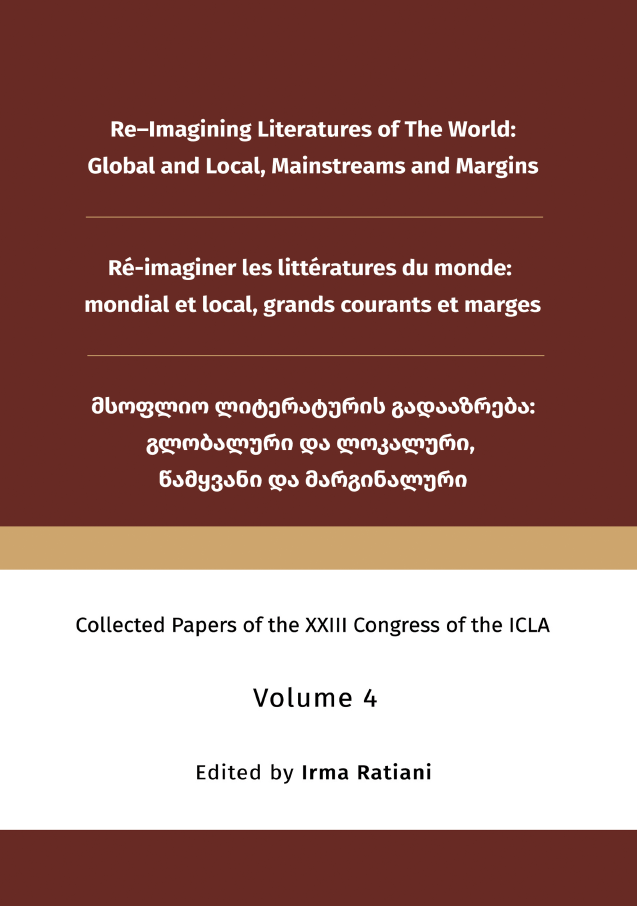Imposters by al-Hariri and its Translations
Main Article Content
Abstract
In 2020 the Imposters by prominent Arab author al-Hariri (1054-1122) was issued by the NYU press. The masterpiece of Arabic Literature has already been translated into several languages, but Michael Cooperson presented absolutely different version.
In the paper I try to analyze the attitude of the translators to the original text in a diachrony. How Maqamat of al-Hariri were perceived in different cultures? What was / is the priority while translating them? What has been changed from the Middle Ages to the globalization era?
Persian, Hebrew, German and Russian translations of the Maqamat are imitations, while Latin, French and previous English translations basically were paraphrase / metaphrase. As al-Hariri’s language is too complicated, Persian and Jewish translators in the 12th –13th centuries tried to prove that their languages were not of less importance than the holy language and the lingua franca of that time. As for European translations, Orientalistic attitude to the Arabic piece of literature meant to use it for the own interests. Imitations of the Maqamat were used for enrichment of receiving cultures, exact translations – to teach Arabic or to make some linguistic researches. All of them were domestications.
In post-orientlist times Cooperson first tried to preserve the soul of the origin. In his translation, which is more transculturation, one can see his great respect to the Arabic culture. But for the American translator the most important thing in the Maqamat is the linguistical firework in it. Cooperson doesn’t see original text as a fictional work with its irony and critic of the Arab society. He doesn’t assess it as a “pre-novelistic” literary piece. He
doesn’t notice its fictional hero’s inner duality. He translates only the form. As a result, in the newest translation the possibilities of the modern global English are well represented, while important features of the origin are lost.
Al-Hariri was not a great poet, nor a great improvisor, but his Maqamat, as a celebration of the language and style, became the text, which has been translated to demonstrate the possibilities of different languages. In the post-orientalist epoch, it’s the celebration of contemporary lingua franca.
